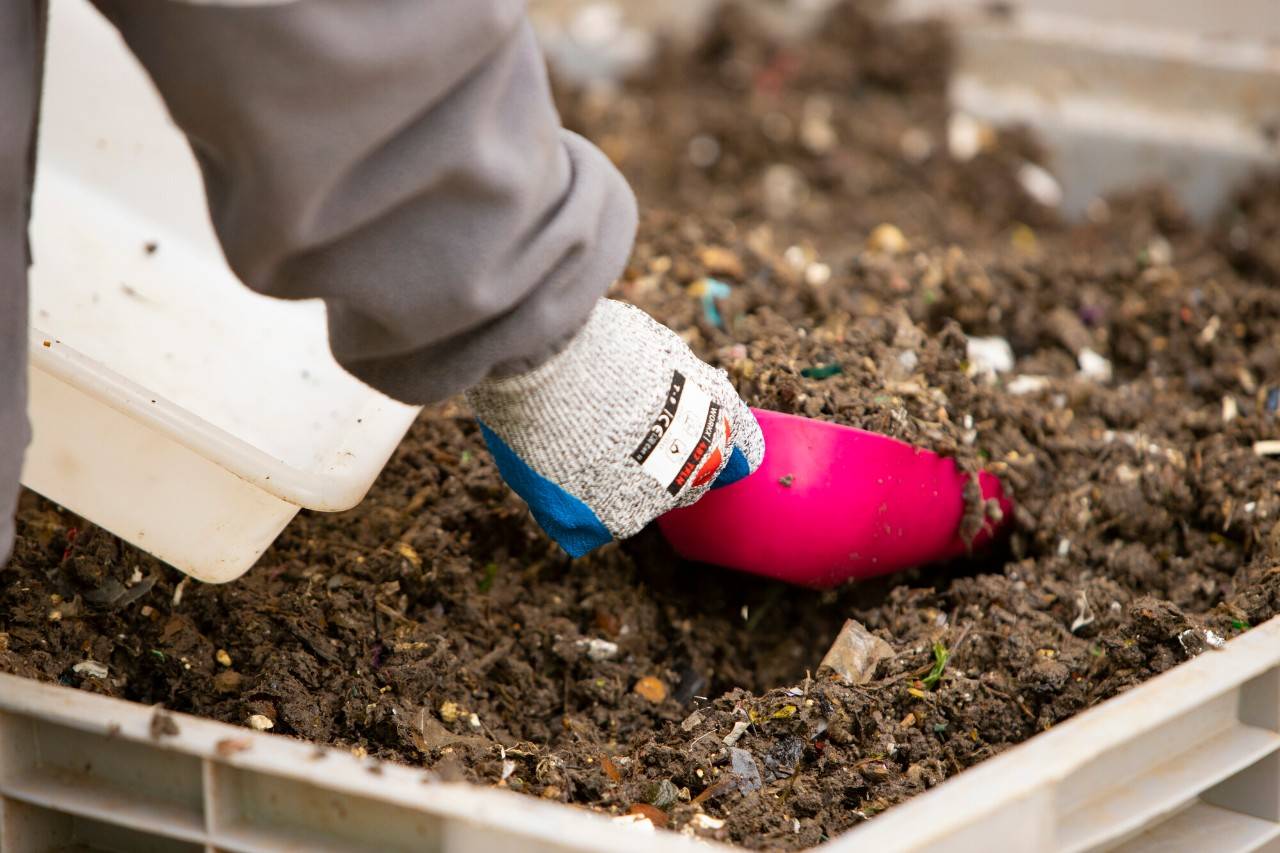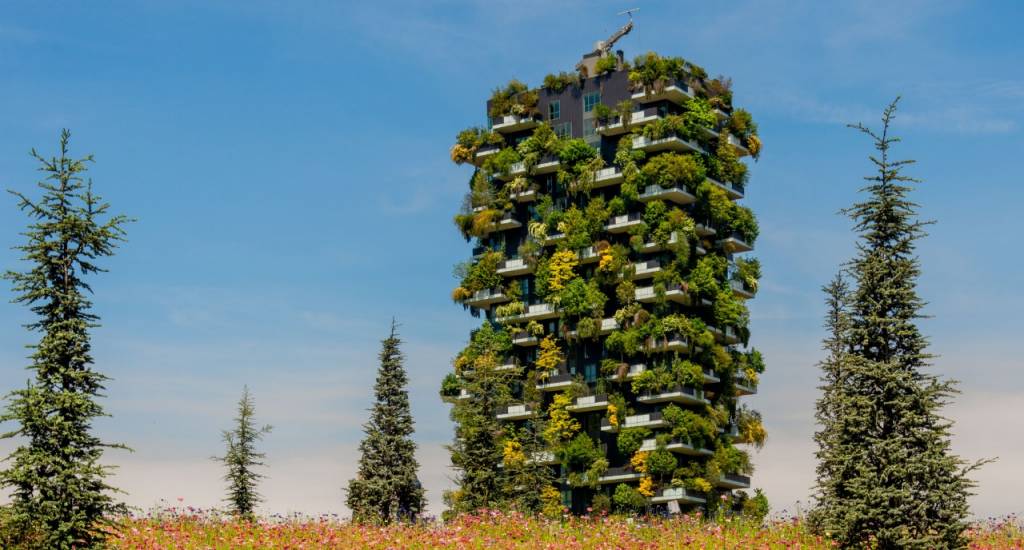All about zero waste
A base of the circular economy strategy, this model imitates nature by using available resources more efficiently.

All about waste recovery
Key for the economy of the future
Reading time: 5 min
What happens when a product reaches the end of its useful life? Waste recovery can grant a new life to this waste by recycling, recovering, reusing, or transforming it into energy. Discover how this innovative waste management model works and how it serves as a key element for the economy of the future.
In the past few years, the circular economy has become the main alternative for achieving a long-term and environmentally-friendly development model. Waste recovery, one of the major pillars of this strategy, makes it possible to extend the life cycle of products and transform waste into energy or raw materials, thus eliminating it from landfills.
What is waste recovery?
Waste recovery optimizes waste treatment allowing it to be converted for a specific purpose, either to generate energy or obtain new raw materials.
The European directive 2008/98/CE, of November 19, defines "recovery" as any operation in which the main goal is that the waste serve "a useful purpose by replacing other materials which would otherwise have been used used to fulfill a particular function."
In Spain, contaminated waste and soil management is also regulated by Law 7/2022, of April 8, which highlights the importance of recovery within the circular economy in minimizing negative effects on human health and the environment. Recovery makes it possible to increase the efficiency of the production system and move closer to a zero waste model.
In 2021, the Spanish economy produced around 138 million metric tons of waste, 31% more than the previous year, according to the report "Main Figures in the Waste Recycling Sector 2022" from IFMA España. Only 15% of that total waste was recycled, whereas the rest ended up in landfills. However, if a proper waste management strategy had been taken into account, the majority of that waste could have been recovered.
Types of waste recovery
Depending on its final purpose, there are two types of waste recovery:
Energy recovery
Enables the transformation of waste that cannot be recycled into energy, prioritizing alternative or renewable sources, such as biogas and biomethane.
Solid waste recovery
This type focuses on the recycling of non-hazardous waste, as we'll explain below, and its transformation into raw materials, which are then incorporated into the production process, thus completing the circular economy cycle.
What waste can be recovered?
In general, we can define recoverable waste as non-hazardous refuse that can be recycled or recovered, entirely or partially, and transformed into new materials.
What about waste that cannot be recovered?
Even though a sustainable waste management plan must always consider recovery as a priority strategy for its treatment, sometimes it may not be feasible to recycle or recover discarded materials considered non-recoverable waste, which will end up in a landfill.
Current regulations on these types of waste also require companies to supervise disposal operations by adopting the necessary measures to protect human health and the environment.
Main benefits of waste recovery for society
The application of these waste recovery strategies in the circular economy yields endless environmental, economic, and social advantages.
Environmentally
It promotes the use of alternative renewable energy sources and reduces the amount of garbage in landfills as well as polluting gases and liquids derived from its accumulation. It is a useful tool to mitigate climate change and prevent worldwide pollution.
Economically
Achieves a more sustainable business model. By transforming their waste, companies can reduce the cost of purchasing new raw materials. Energy recovery makes it possible to move towards a more self-sufficient model by reducing our dependence on external energy sources.
Socially
Waste recovery creates jobs. Last year, 7,800 people were employed. In addition, the promotion of green energy sources improves the prospects for future generations by ensuring energy supply and quality of life.
All about zero waste
A base of the circular economy strategy, this model imitates nature by using available resources more efficiently.

Ecodesign
Innovation and sustainability hand in hand